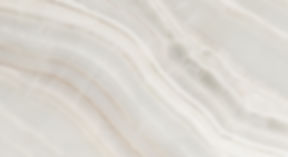Timothy Morton’s book ‘Ecology Without Nature’ discusses the rethinking and rephrasing of environmental aesthetics. Morton holds the belief that the term ‘Nature’ is problematic because of the physical and conceptual differences and boundaries that it entails; inside/outside, subject/object, and human/nonhuman. Through his ecological writing Morton aims to dissolve these dualistic subject and object differences, shuffling them back and forth until they blur into one another in what he refers to as an ‘ambience’. He is creating conversation around the idea of ‘nature’ being transcendental and open-ended, and not just a separate object of desire. “Putting something called Nature on a pedestal and admiring it from afar does for the environment what patriarchy does for the figure of women.”
Morton’s criticism of the traditional western concept of ‘nature’ is often posited within an art context because art is a place in our culture that deals with reality and unreality, being and seeming. “It is in art that the fantasies we have about nature take shape and dissolve.” This stance provides a valuable entry point for establishing new ways of perceiving and feeling through an aesthetic approach. The point at which art and nature come into play creates a bridge between subject and object, painting a picture of coexistence in a boundless and centreless mesh of mutual interdependence.
Morton, Timothy. Ecology Without Nature: Rethinking Environmental Aesthetics. 2009.
